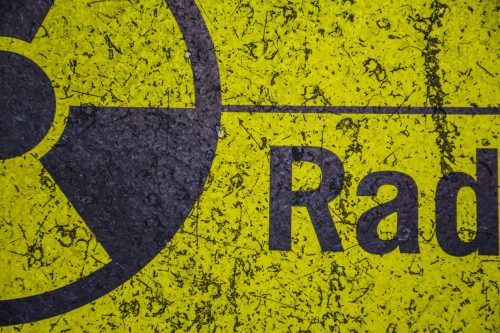
Article | 2005
Nuclear Power: Economics and Climate-Protection Potential
This paper makes an economic argument against the use of nuclear power. Despite strong governmental support, nuclear power is unfinancible in the private capital market. Nuclear power worldwide has less installed capacity and generates less electricity than its decentralized no- and low-carbon competitors—one-third renewables (excluding big hydroelectric dams), two-thirds fossil-fueled combined-heat-and power. In 2004, these rivals added nearly three times as much output and six times as much capacity as nuclear power added; by 2010, industry forecasts this sixfold ratio to widen to 136–184 as nuclear orders fade, then nuclear capacity gradually disappears as aging reactors retire. These comparisons don’t count more efficient use of electricity, which isn’t being tracked, but efficiency gains plus decentralized sources now add at least ten times as much capacity per year as nuclear power. Empirical data also confirm that these competing technologies not only are being deployed an order of magnitude faster than nuclear power, but ultimately can become far bigger. Full deployment of these very cost-effective competitors could provide ~13–15 times nuclear power’s current 20% share of electric generation—all without significant land-use, reliability, or other constraints. Expanding nuclear power would both reduce and retard the desired decrease in CO2 emissions.